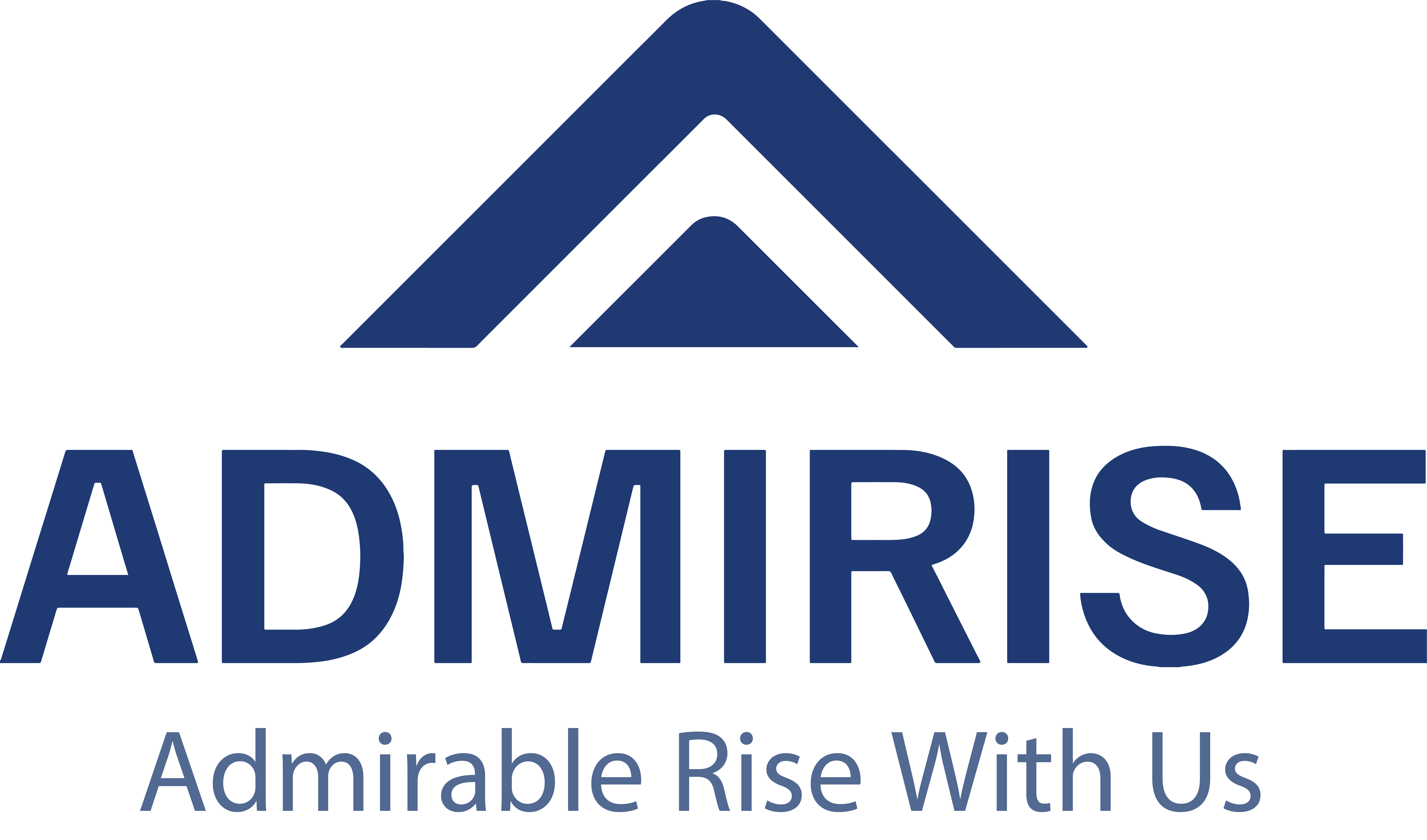
Competitive Intelligence: A Game-Changer for Effective Pricing and Positioning in E-Commerce
Sep 11, 2023 in E-Commerce Solutions by Dr. Süleyman Demirci
Competitive intelligence is a game-changer in today's intensely competitive e-commerce landscape, where effective pricing and strategic positioning are crucial for success. Many businesses struggle to optimize these elements, resulting in missed opportunities and lackluster performance.
If these challenges resonate with you, this article is your guide to leveraging competitive intelligence. We'll demonstrate how it can dramatically improve your pricing strategies and positioning techniques, giving you the competitive edge you need to excel in your market.
- The Power of Competitive Intelligence
- What is Competitive intelligence?
- Effective Pricing and Positioning in E-Commerce
- Pricing
- Positioning
- How Competitive Intelligence Enhances Pricing Strategies
- 1. Price Benchmarking
- 2. Pricing Elasticity
- 3. Promotional Strategies
- 4. Mapping Violations of Opponents
- 5. Dynamic Pricing
- Leveraging Competitive Intelligence for Strategic Positioning
- 1. Differentiation
- 2. Target Market Analysis
- 3. Brand Messaging
- 4. User Experience Optimization
- What are The Tools and Techniques for Gathering Competitive Intelligence?
- Case Studies: Real-World Examples of Competitive Intelligence Success
- Key Considerations and Best Practices for Implementing Competitive Intelligence
- FAQs
- 1. What is competitive intelligence?
- 2. How does competitive intelligence enhance pricing strategies?
- 3. How does competitive intelligence contribute to strategic positioning?
- 4. What tools can I use for gathering competitive intelligence?
- 5. How often should I perform competitive intelligence analysis?
- Conclusion
The Power of Competitive Intelligence
Digital commerce has revolutionized businesses' operations, allowing them to reach a wider audience and sell products and services online. However, the digital landscape is highly competitive, and businesses must understand their competition to succeed. This is where competitive intelligence comes in.
What is Competitive intelligence?
Competitive intelligence entails systematically collecting, analyzing, and utilizing data about rival firms, prevailing market patterns, and consumer conduct to attain a competitive edge. In the world of e-commerce, competitive intelligence is a crucial component of business strategy.
It helps businesses stay ahead of the competition by identifying opportunities and potential threats in the market. By effectively utilizing competitive intelligence, you can acquire invaluable discernment into your competitors' pricing and positioning methodologies, empowering you to make well-informed choices and optimize your e-commerce strategy.
Effective Pricing and Positioning in E-Commerce
Effective pricing and positioning are critical factors that directly impact your e-commerce business's success. Here's why they matter:
Pricing
- Competitive Advantage: Strategically pricing your products differentiate your brand from competitors and attract price-sensitive customers.
- Profit Optimization: Proper pricing helps you maximize profit margins and revenue generation while maintaining competitiveness.
- Customer Perception: Pricing impacts customers' perception of your product's value and willingness to purchase.
- Pricing Strategies: Competitive intelligence enables you to identify pricing strategies employed by your competitors and develop effective countermeasures.
Positioning
- Market Differentiation: Effective positioning allows you to carve out a unique space in the market and establish a distinct brand identity.
- Targeted Marketing: By understanding how your competitors position themselves, you can identify gaps and tailor your marketing efforts to target specific customer segments.
- Brand Loyalty: Positioning helps build customer loyalty by creating an emotional connection and establishing your brand as a reliable solution provider.
- Competitive Analysis: Competitive intelligence provides insights into how your competitors position themselves, allowing you to capitalize on their weaknesses and highlight your strengths.
How Competitive Intelligence Enhances Pricing Strategies
Competitive intelligence empowers you to develop effective pricing strategies by providing the following 5 benefits:
1. Price Benchmarking
Competitive intelligence empowers you to juxtapose your pricing against that of your rivals. This evaluation aids in discerning whether your prices are excessively elevated, unduly discounted, or congruent with market anticipations. By benchmarking your prices, you can intelligently adapt and refine them to ensure your competitiveness remains intact.
2. Pricing Elasticity
Understanding the price elasticity of your products is crucial for optimal pricing. Competitive intelligence helps you analyze how price changes impact consumer demand, allowing you to find the sweet spot where you maximize revenue without sacrificing sales volume.
3. Promotional Strategies
Competitive intelligence provides insights into your competitors' promotional activities, including discounts, offers, and loyalty programs. By understanding what promotions work in your industry, you can develop effective strategies that attract and retain customers while maximizing profitability.
4. Mapping Violations of Opponents
In addition to analyzing pricing strategies, competitive intelligence involves mapping violations of opponents. This entails identifying instances where competitors deviate from industry norms, such as pricing below cost or engaging in predatory pricing. By monitoring and reporting these violations, you can protect your business and advocate for fair competition.
5. Dynamic Pricing
Competitive intelligence equips you with real-time market information, enabling dynamic pricing based on factors such as demand, competition, and seasonality. By adjusting prices dynamically, you can optimize revenue and maximize profit margins.
Leveraging Competitive Intelligence for Strategic Positioning
Competitive intelligence empowers you to position your e-commerce business strategically in the following 4 ways:
1. Differentiation
You can identify market gaps and differentiate your brand through competitive intelligence by offering unique features, superior customer service, or specialized product offerings. This differentiation helps you stand out from competitors and attract customers seeking alternative solutions.
2. Target Market Analysis
By understanding how your competitors target specific customer segments, you can identify underserved niches and tailor your marketing efforts to reach and engage with these audiences effectively. This targeted approach enhances your brand's relevance and resonance with potential customers.
3. Brand Messaging
Competitive intelligence provides insights into how your competitors position their brands and communicate their value propositions. By analyzing their messaging, you can craft compelling brand narratives highlighting your unique strengths, addressing customer pain points, and establishing emotional connections.
4. User Experience Optimization
Studying your competitors' user experience (UX) can uncover opportunities for improvement. By analyzing their website design, navigation, and checkout processes, you can enhance your UX to create a seamless and user-friendly experience that outperforms your competitors.
What are The Tools and Techniques for Gathering Competitive Intelligence?
To gather competitive intelligence effectively, consider utilizing the following 4 tools and techniques:
- Competitor Website Analysis: Analyze your competitors' websites to understand their product range, pricing models, user experience, and customer reviews. Tools like SEMrush, SimilarWeb, Ahrefs, and Moz can assist in this analysis.
- Social Media Monitoring: Monitor your competitors' channels to gain insights into their content strategy, engagement tactics, and customer feedback. Tools like Hootsuite, Sprout Social, and Mention can help track competitor activities.
- Customer Surveys and Feedback: Collect customer feedback through surveys, interviews, or reviews to understand how your competitors' products and services are perceived. This feedback can inform your own product development and positioning strategies.
- Industry Reports and Market Research: Stay updated with industry reports and research studies to gain comprehensive insights into market trends, customer preferences, and competitor strategies. Subscribing to relevant newsletters and publications can provide valuable information.
Case Studies: Real-World Examples of Competitive Intelligence Success
To illustrate the impact of competitive intelligence on pricing and positioning, let's explore 3 real-world case studies:
- Case Study 1: Fashion E-Commerce: A fashion e-commerce company leveraged competitive intelligence to identify an emerging trend sustainably. By capitalizing on this insight and positioning themselves as a leading sustainable fashion brand, they attracted environmentally conscious customers and achieved significant market share growth.
- Case Study 2: Electronics Retailer: An electronics retailer utilized competitive intelligence to analyze its competitors' pricing strategies. They discovered that their prices were significantly higher than their top competitors. With this information, they adjusted their pricing strategy to become more competitive, resulting in increased sales and customer acquisition.
- Case Study 3: Restaurant Equipment Dealers: They have used competitive intelligence to position themselves with unique and specific brands and products as they dynamically compare their portfolios, prices, and promotions with their competitors in this domain. By this methodology, they can increase revenues and profits instead of their previous state.
These case studies demonstrate how competitive intelligence can be adaptive to different markets and drive tangible results strategically.
Key Considerations and Best Practices for Implementing Competitive Intelligence
When implementing competitive intelligence in your e-commerce strategy, keep the following 4 considerations in mind:
- Data Privacy and Ethics: Ensure your competitive intelligence practices align with legal and ethical guidelines. Respect competitors' intellectual property and comply with applicable data protection regulations.
- Continuous Monitoring: Competitive intelligence is an ongoing process. Regularly monitor your competitors, market trends, and consumer behavior to stay ahead and adapt your strategy accordingly.
- Data Accuracy and Reliability: Review reputable sources and tools for gathering competitive intelligence. Verify the accuracy and reliability of the data to ensure informed decision-making.
- Cross-Functional Collaboration: Involve multiple teams within your organization, such as marketing, sales, and product development, in the competitive intelligence process. Collaboration facilitates a comprehensive understanding of competitors and enables a holistic approach to pricing and positioning.
FAQs
1. What is competitive intelligence?
Competitive intelligence is gathering, analyzing, and applying information about competitors, market trends, and consumer behavior to gain a competitive advantage.
2. How does competitive intelligence enhance pricing strategies?
Competitive intelligence helps benchmark prices, understand price elasticity, optimize promotional strategies, and enable dynamic pricing based on real-time market data.
3. How does competitive intelligence contribute to strategic positioning?
Competitive intelligence aids in differentiation, target market analysis, crafting effective brand messaging, and optimizing the user experience to establish a unique and compelling position in the market.
4. What tools can I use for gathering competitive intelligence?
Tools like SEMrush, SimilarWeb, Hootsuite, and Moz can assist in competitor website analysis, social media monitoring, and market research.
5. How often should I perform competitive intelligence analysis?
Competitive intelligence is an ongoing process. Regular monitoring is essential to stay updated with market dynamics, emerging trends, and competitor strategies.
Conclusion
In conclusion, incorporating competitive intelligence into your e-commerce strategy can be a game-changer for effective pricing and positioning. You can make informed decisions, differentiate your brand, and optimize your pricing strategies by leveraging insights and data about your competitors, market trends, and consumer behavior. This enhances your online visibility, drives organic traffic, increases conversions, and leads to long-term success and growth.
Stay ahead by embracing the power of competitive intelligence and positioning your e-commerce business for success in the fiercely competitive digital landscape.







